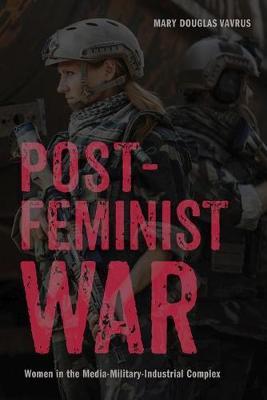Post-Feminist War

Post-Feminist War
PRP: 263.50 Lei
Acesta este Pretul Recomandat de Producator. Pretul de vanzare al produsului este afisat mai jos.
237.15Lei
237.15Lei
263.50 LeiIndisponibil
Descrierea produsului
Detaliile produsului

PRP: 263.50 Lei
Acesta este Pretul Recomandat de Producator. Pretul de vanzare al produsului este afisat mai jos.
237.15Lei
237.15Lei
263.50 LeiIndisponibil
Detaliile produsului
Noi suntem despre carti, si la fel este si
Newsletter-ul nostru.
Aboneaza-te la vestile literare si primesti un cupon de -10% pentru viitoarea ta comanda!
*Reducerea aplicata prin cupon nu se cumuleaza, ci se aplica reducerea cea mai mare.

